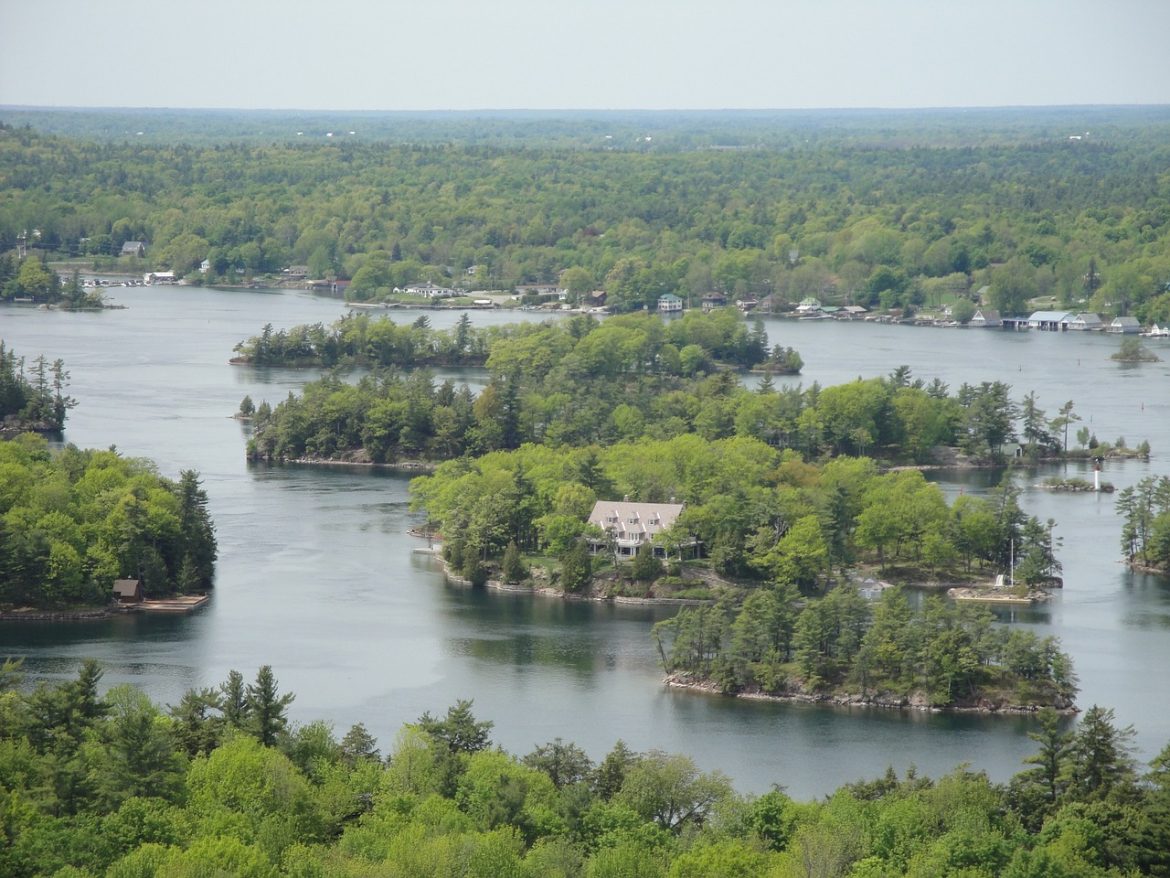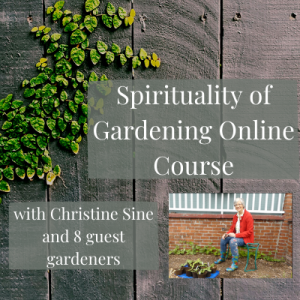If we think of the church year as a whole, there are four Sundays to prepare for Christmas—the first Sunday of Advent, the second Sunday of Advent, and so on. There are six Sundays to prepare for Easter, yet they’re not the first Sunday of Lent or the second Sunday of Lent. Instead, they’re the first Sunday in the season of Lent, the second Sunday in the season of Lent, and so on.
Now that might seem like a very small point of grammar that only a writer could love. But pastor and professor Wayne Brouwer says:
This is an important fact to note. In Advent, Christmas, Easter, and Pentecost, the Sundays belong to the season. They are Sunday of. . . .But during Lent, the Sundays are not part of Lent. The forty days of the season flow around the Sundays, calling us to share the journey of suffering with Jesus. The Sundays themselves, however, are islands of mercy, reminding us that Jesus is alive and forever victorious.
I’ve never heard the Sundays during Lent described in just this way before, but it’s a lovely image and a reminder that “Jesus is alive and forever victorious.”
That goes very well with Psalm 32. “You are my hiding place,” says the psalmist (v. 7). That’s our “island of mercy.” God is our island of mercy, our hiding place.
For a bird, a hiding place might be a bird house. For a bear, a hiding place might be a cave. In biblical Hebrew, the word for “hiding place” comes from the root word “shelter.” So a tent or a house or some other kind of shelter could be a kind of hiding place. In Genesis, when Adam and Eve tried to hide from God, they used trees as their hiding place.
God had placed Adam and Eve in the garden and given them the fruit of every tree—except for one. So of course, they just had to eat from that one tree. But then they became so ashamed because they had broken their relationship with God. They didn’t want God to know about their sin, so they tried to find a hiding place among the trees (Genesis 3:8).
The psalmist also tried to hide his sin from God. Instead of confessing, the psalmist tried to cover it up, to hide it by saying nothing. But that strategy backfired: “When I kept silent, my bones wasted away through my groaning all day long” (v. 3).
The psalm doesn’t give any details, but if these words were written by King David as some people believe, the background to this psalm might have been David’s sin of calling for Bathsheba and taking advantage of her, arranging for her husband to be killed, and then trying to cover up the abuse and murder that he had committed. If the psalm were written by someone in King David’s court—or simply in the style of King David—as others believe, the background to this psalm might have been cheating someone else out of a court appointment, or stealing from the treasury, or any number of other things.
Without specific details, the psalm remains open-ended, and perhaps that allows us to identify more easily with the psalmist. If the details were spelled out, we might say, “Oh that’s not me. I haven’t tried to get anyone killed. I haven’t stolen anything from the treasury.” But the kind of sin is not the main point here. Instead, the psalm focuses on what happens when we try to hide from God.
The psalmist tried to hide, and inside it was eating away at him. He suffered physically—his bones ached, he felt weak. He suffered emotionally and spiritually: “For day and night your hand was heavy on me; my strength was sapped as in the heat of summer” (v. 4).
But finally, instead of trying to hide from God, the psalmist came to his senses:
Then I acknowledged my sin to you and did not cover up my iniquity. I said, “I will confess my transgressions to the Lord.” And you forgave the guilt of my sin (v. 5).
The psalmist confessed, and God forgave. At times, we may have a hard time believing it’s that simple. We may act as if it’s much more complicated than that, as if there are a few more steps in between—like: I confessed, I felt terrible for years on end, I told myself I would never amount to anything, I took it out on my spouse and kids, and never really got over it anyway—and then God forgave me. But that’s not what Psalm 32 says. It says very simply, I will confess—and God forgave.
On a practical level, there may still be some things we need to do. If we’ve stolen from the treasury, we need to give the money back. If we’ve told a lie about someone else, we need to tell the truth. God forgives us and calls us to live a new life.
For the psalmist, that new life meant moving beyond silence to confession, and then moving beyond confession to thanksgiving and praise to God:
You are my hiding place;
you will protect me from trouble
and surround me with songs of deliverance (v. 7).
The psalmist’s confession of sin is described in a single verse (v.5), and the celebration that follows is much longer (vv. 6-11).
Before the word of confession in v. 5, the first part of Psalm 32 uses a number of different words to describe the psalmist’s transgressions, sins, iniquity, guilt. But after the confession, in the rest of the psalm, those words completely disappear. God forgives, and the sin—the transgression, the iniquity, whatever words are used to describe it—all of that is gone as sin gives way to celebration over God’s forgiveness.
Instead of hiding from God, the psalmist came to understand what it meant to hide in God. So may we also say today, “You are my hiding place” (v. 7). You are my God in whom I trust. Whatever we have done or not done in this life, whatever our troubles and joys, God is our hiding place, our island of mercy in this season of Lent and every day.
~ Goodfellow
Explore the wonderful ways that God and God’s story are revealed through the rhythms of planting, growing, and harvesting. Spiritual insights, practical advice for organic backyard gardeners, and time for reflection will enrich and deepen faith–sign up for 180 days of access to work at your own pace and get ready for your gardening season.



4 comments
This was one of the more eye opening posts I have read on this site. I loved reading it. I am in recovery and am having a great deal of trouble with the whole thing, because of blame/shame/fear/guilt/resentment etc. I like the idea of God being a hiding place, and falling on the mercy of Him.. there was a great deal of comfort provided in that, thank you. I am glad I read this.
Damien, I am glad this post spoke to you so powerfully. May God bless your continuing journey
Thank you, I hope you have a good day!
YOur welcome